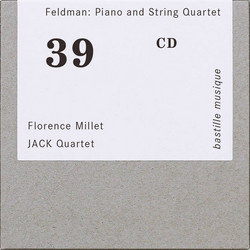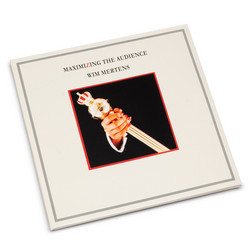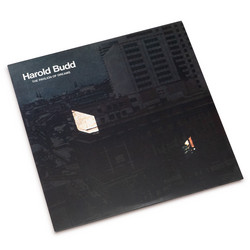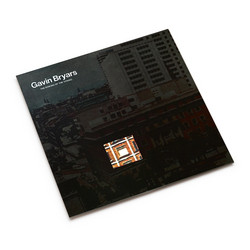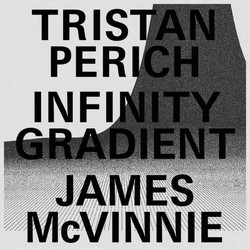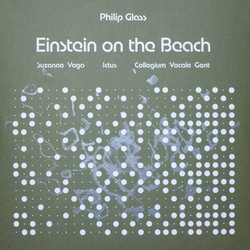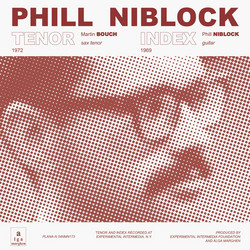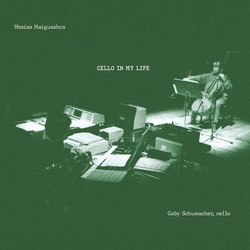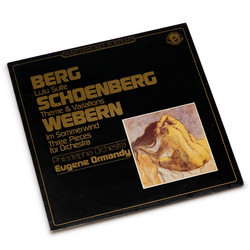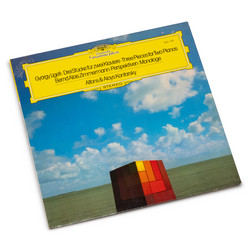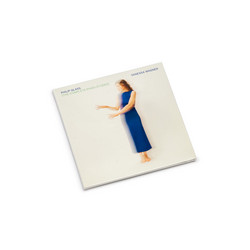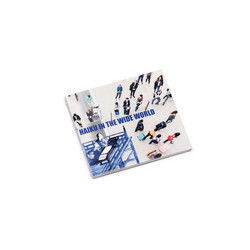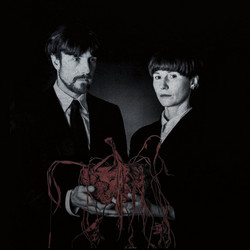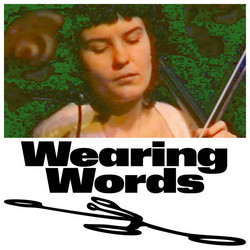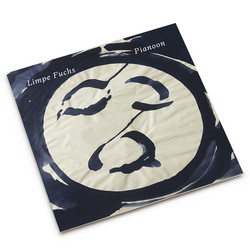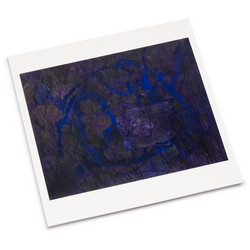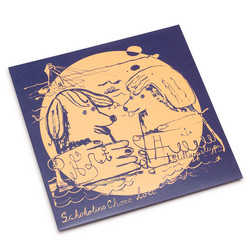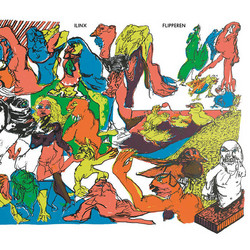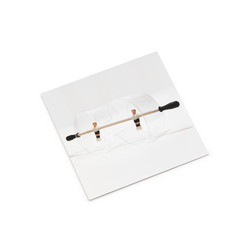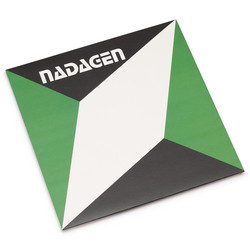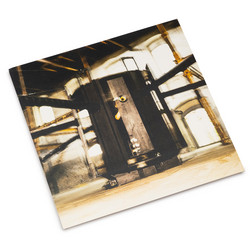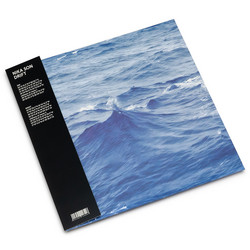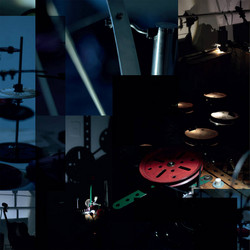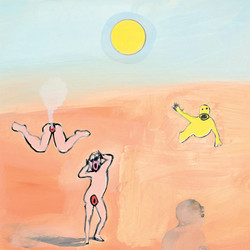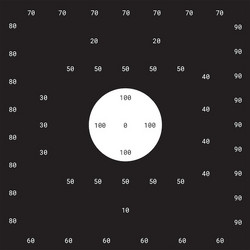**150 copies limited edition** "Although he had accepted my request for an interview about his practice as a rhythmist, Fernand Schirren observed me with a more interrogative look than my questions could ever warrant. From the outset, he warned me that he preferred to be called ‘Schirren’ without the addition of his first name, which he despised. It is of course a contraction of Ferdinand, the name of his father, a painter, but we did not discuss the reasons for his aversion any further. On the other hand, Schirren was more talkative on another point of dissension, that concerning the music of Mozart. It annoyed him because it gave the effect of a character wearing a wig on a powdered face, much like the gallant style with which the divine composer is sometimes associated. In the same vein, Schirren liked to reside in a seaside establishment facing the dike, deliberately turning his back on the shore and the endlessly repeating spectacle of its summer visitors.
It was therefore with an invisible reluctance that he consented to being filmed during a course delivered on the initiative of Anne Teresa De Keersmaeker at P.A.R.T.S. He wore a khaki sweater for the occasion, possibly inherited from a former military serviceman or bought at an army disposals store. It was a training outfit which, in short, fitted quite well with his binary basic education, where, when spoken in French, the words ‘boom’ and ‘and’ alternated between rhythms of relaxation and tension. He used a very telling image to show the dancers what the ‘boom’ represented: It’s like when Elisabeth Schwarzkopf greets the audience after her performance. She goes ‘boom’ and bows as if she were performing charity.
I later learned that with Maurice Béjart’s apprentice dancers—to whom he had taught the basics of rhythm, sticks in hand—he used two exclamations stressing the very beginning of life, to be repeated at will: Daddy / Mummy, Daddy / Mummy, and so on. The repetition of the four syllables, punctuated by the drumsticks, could vary with changing accents, but was intended to instil and keep a constant rhythm. His practical knowledge of music obviously went much further. His virtuosity as a percussionist, one able to fly from eighth notes to triplets through a thousand other saccades, sung with flexibility. In such moments he was impressively at ease." - Philippe Dewolf




